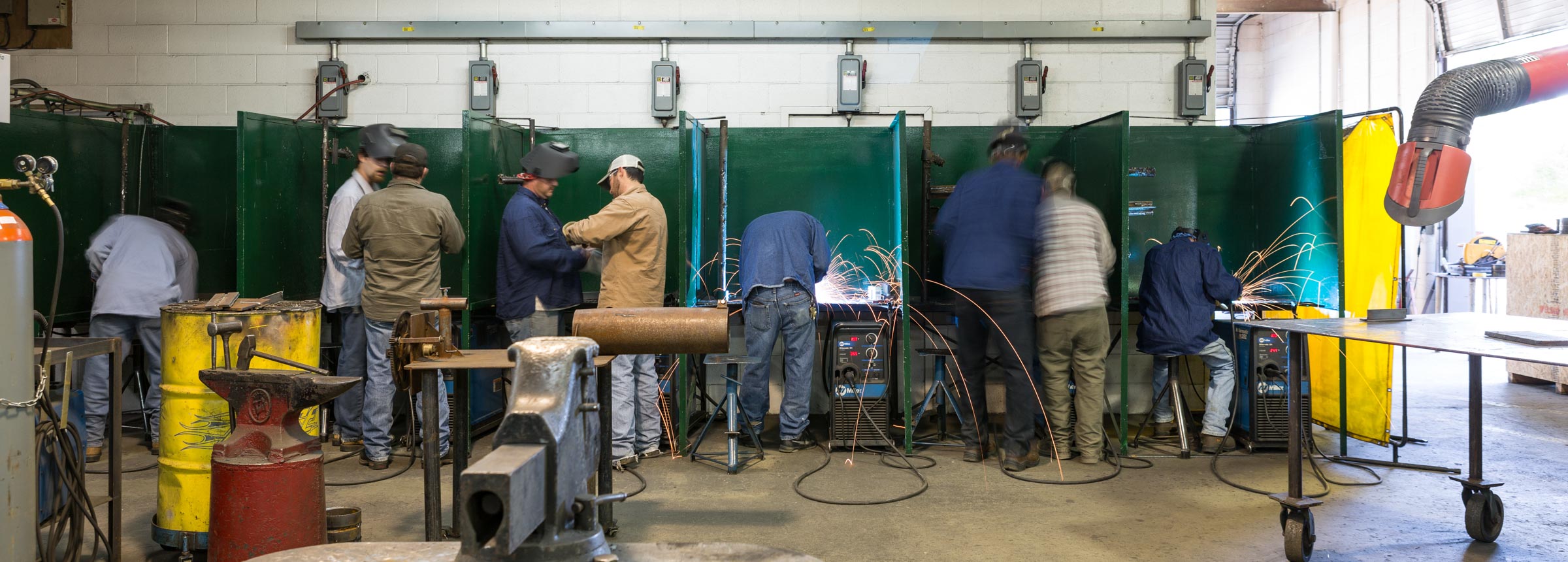Projects
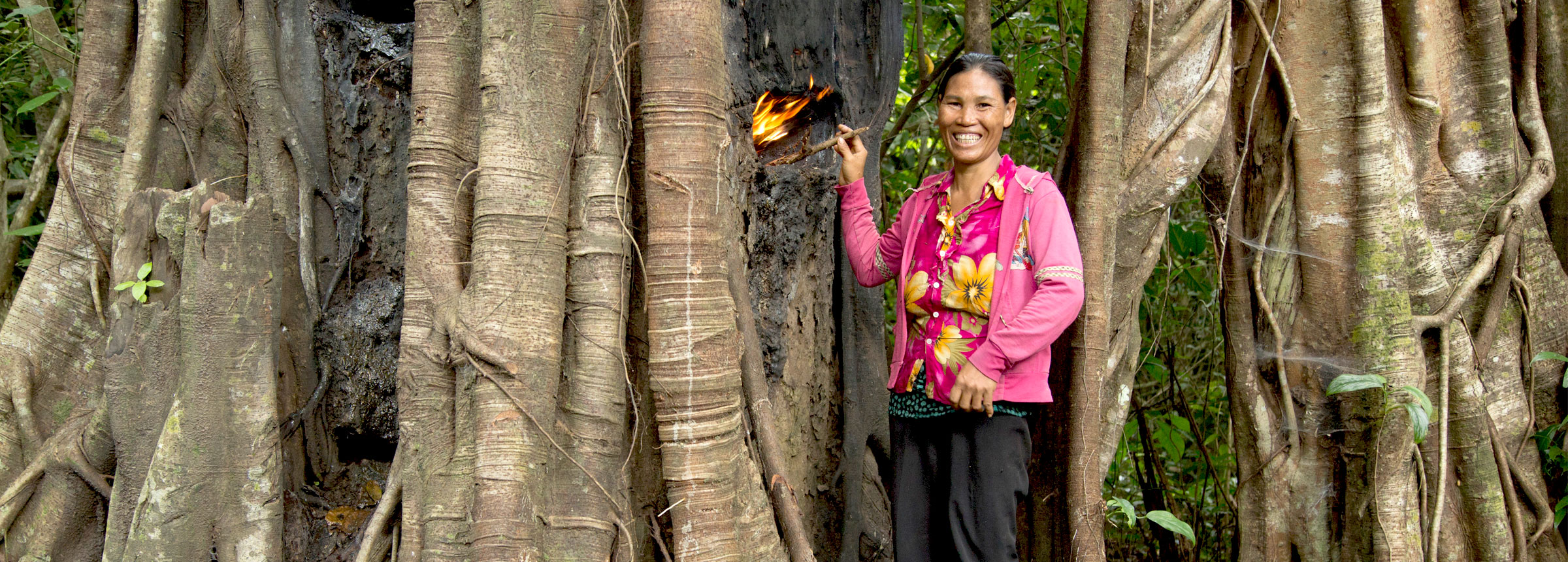
Cambodia Supporting Forests and Biodiversity (SFB)
Because many Cambodians make their living from farming, logging and other pursuits that can lead to deforestation, the country struggles to protect its forests while maintaining economic growth. The USAID Cambodia Supporting Forests and Biodiversity Project empowers forest communities, government officials at all levels, NGOs, business interests and communities to become champions for sustainable forest […]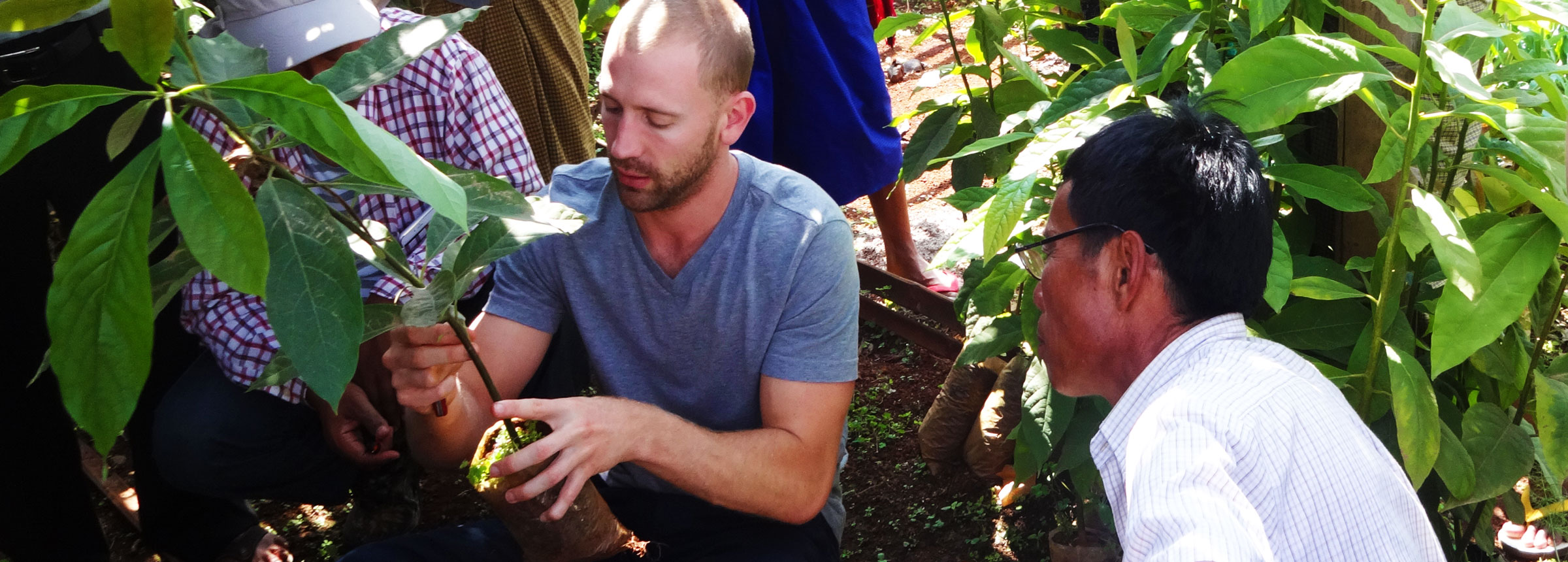
Asia Farmer-to-Farmer
Credibility and practical know-how are at the core of this program connecting U.S.-based volunteer farmers and agricultural experts with Asian universities, government training centers, and individual farmers. Through instruction and hands-on training, thousands of Asian farmers, university professors, youth, and extension agents learn about practices and technologies that can boost agricultural productivity in their countries,…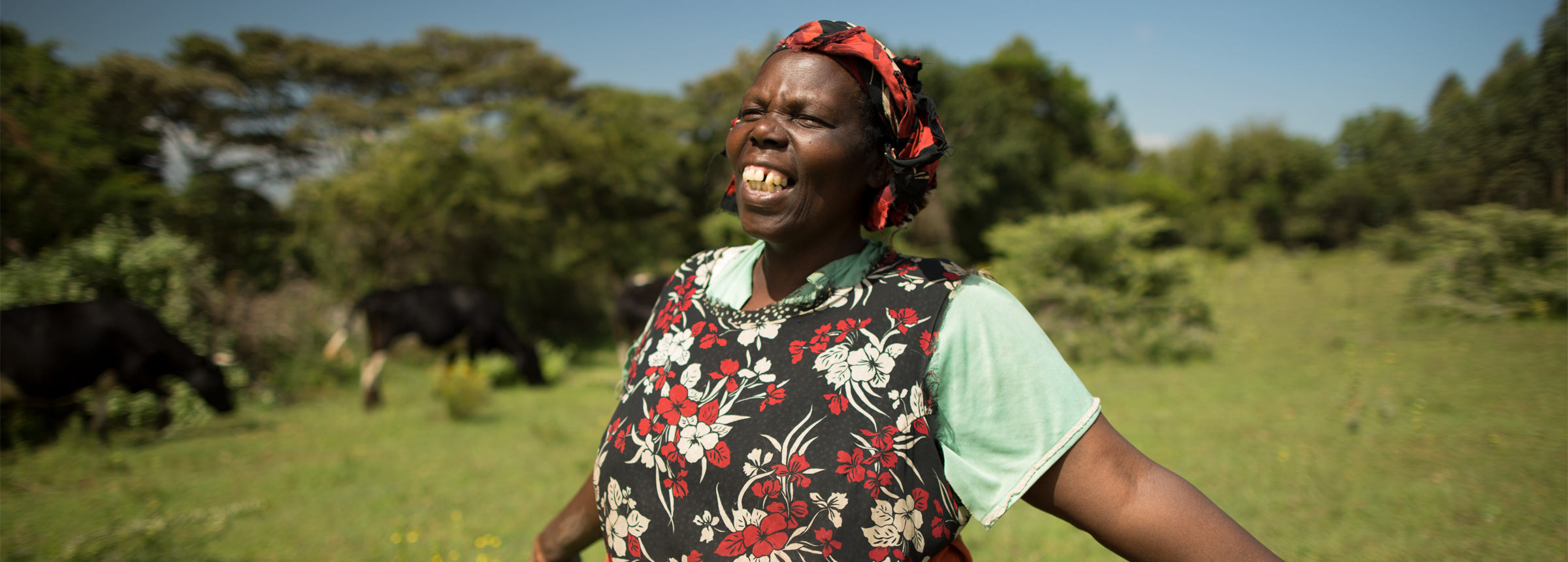
Photovoltaics for Sustainable Milk for Africa through Refrigeration Technology (PV-SMART)
Milk quality and valuable income are lost because over 800,000 smallholder Kenyan dairy farmers have no refrigeration to store their milk. As a result, over 60 percent of milk in Kenya is not processed and much of it spoils because farmers have no access to grid electricity or cannot afford expensive to operate diesel-powered generators. […]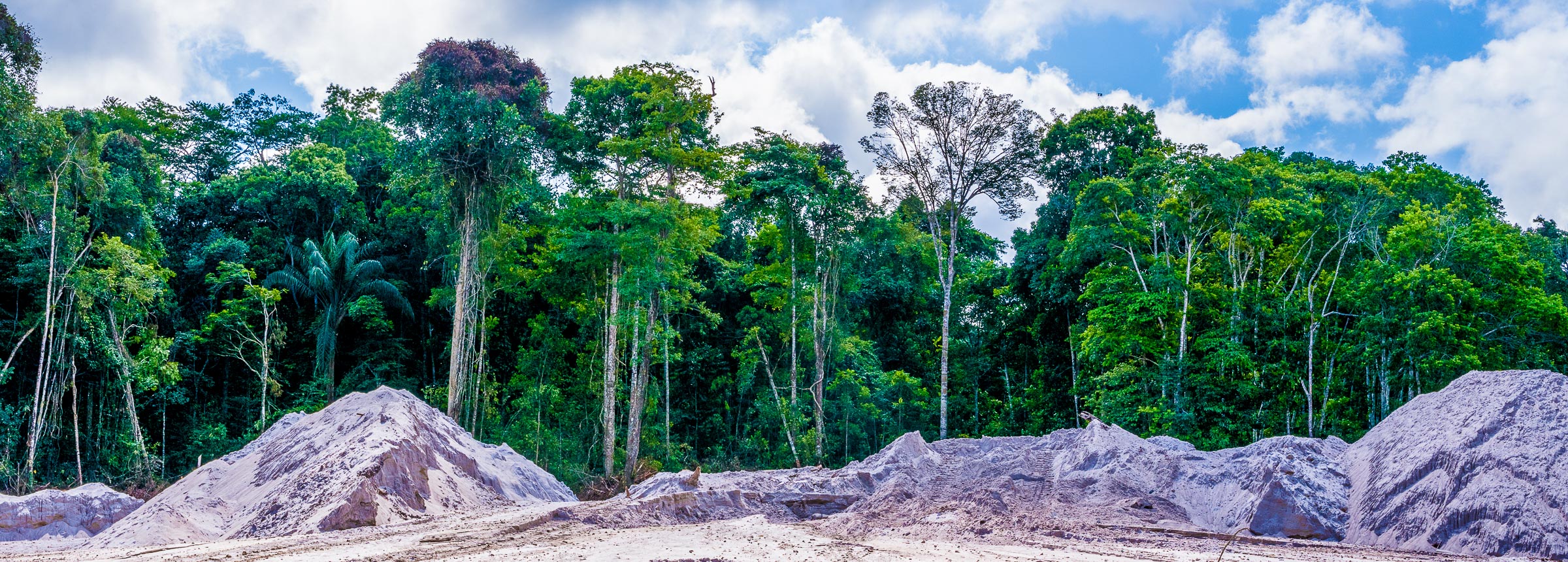
Guyana Forestry Commission Measurement Reporting and Verification (GFC: MRV II)
Heavily forested Guyana is at the forefront of global Reducing Emissions from Deforestation and Forest Degradation (REDD) efforts. In particular, the South American nation has signed an agreement with the government of Norway that financially rewards Guyana for protecting its forests from development. This program enhances the agreement’s transparency and credibility by providing monitoring, reporting […]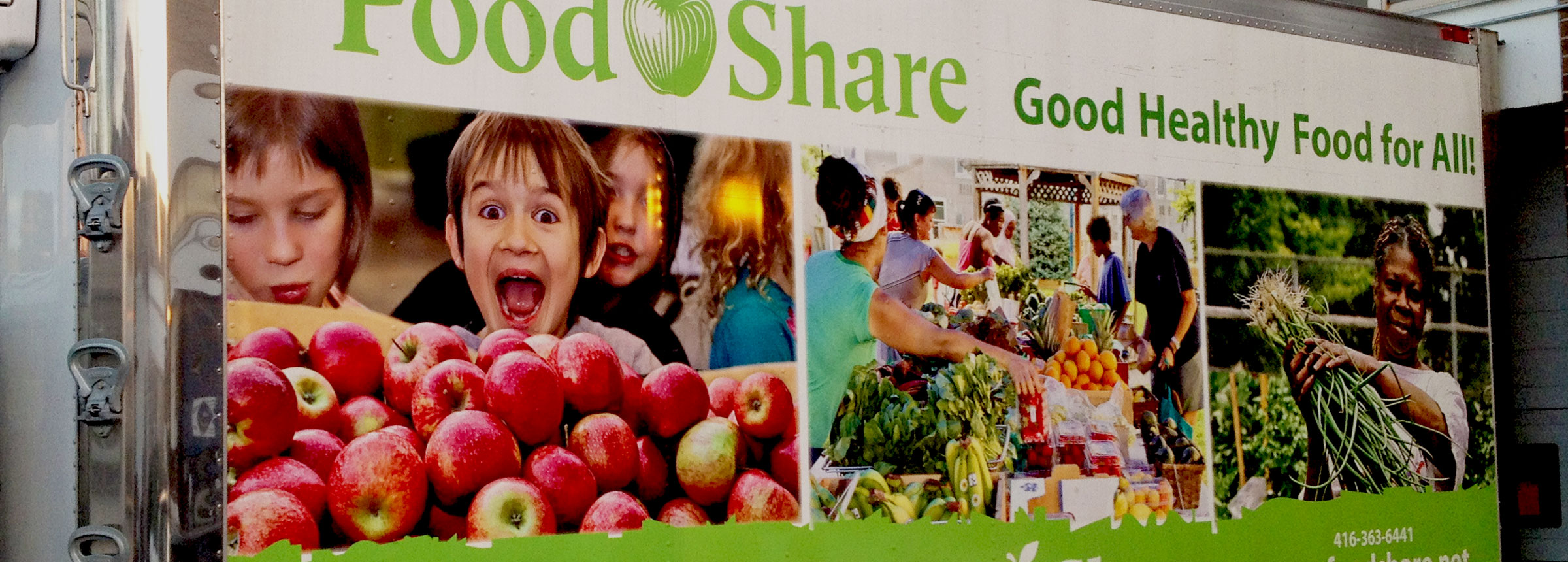
Nourishing Networks
Even the most determined individual farmer couldn’t meet an entire community’s demand for locally produced food. Strong local and regional food systems require a movement that includes farmers, consumers, wholesalers, retailers and anyone else motivated by the social, economic and environmental benefits of local food. Through mentoring, group training and technical assistance, The Wallace Center…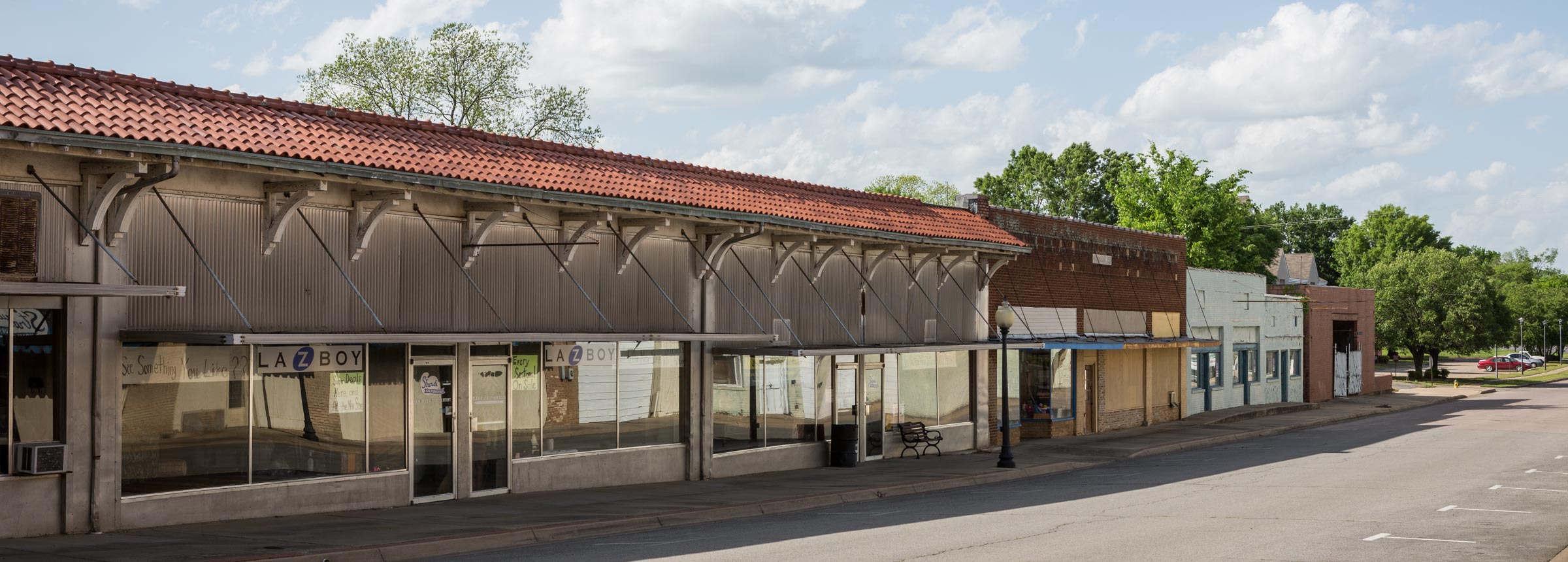
Creating Regional Investments and Strategic Partnerships
Increased globalization and economic downturns have buffeted rural communities throughout Arkansas. Decisions about how to respond and rebuild a rural community’s economic base often fall to municipal leaders, many of whom lack the staff, knowledge and resources to develop effective economic development strategies. Through group training and one-on-one mentoring, this program helps municipal leaders develop…
Native American WIP Phase III
Many Native American tribes lack the proper water and wastewater infrastructure to meet their basic needs. Winrock is working with tribes in Oklahoma to provide engineering assistance and instruction to identify long-term solutions to essential water needs. The program also includes hands-on training and mentorship in how to apply for grants and other funding packages…
Cooling the Hotspots
Erosion and deteriorating water quality are just two of the negative consequences when fertilizer used to grow crops makes its way into lakes and streams. This collaboration between Winrock, Michigan State University, conservation groups and farmers establishes financial incentives to encourage farmers to improve their environmental performance in ways that simultaneously protect their livelihoods and […]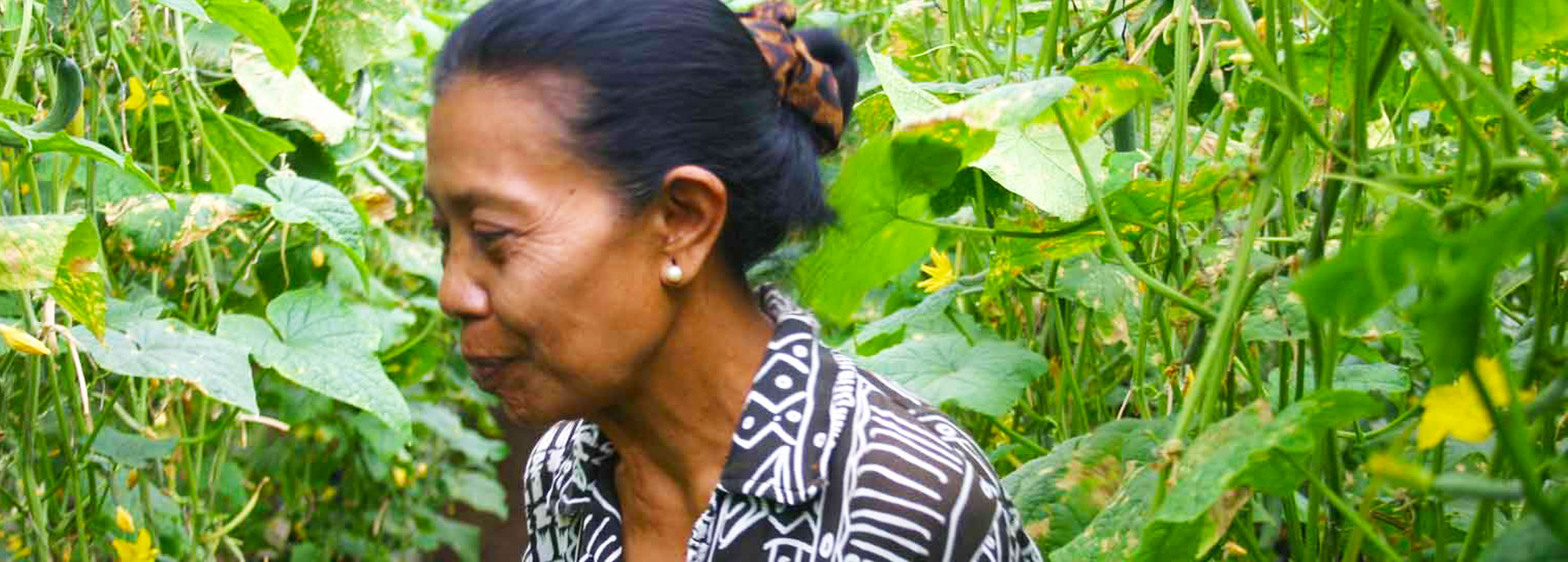
LESTARI
Indonesia boasts the third-largest expanse of tropical forests in the world. Sustainably managing this unique economic and ecological resource is important to both the economic well-being of many Indonesians and a world community increasingly focused on climate change. As a partnering organization in this USAID-funded project implemented by Tetra Tech, Winrock’s role is to provide […]